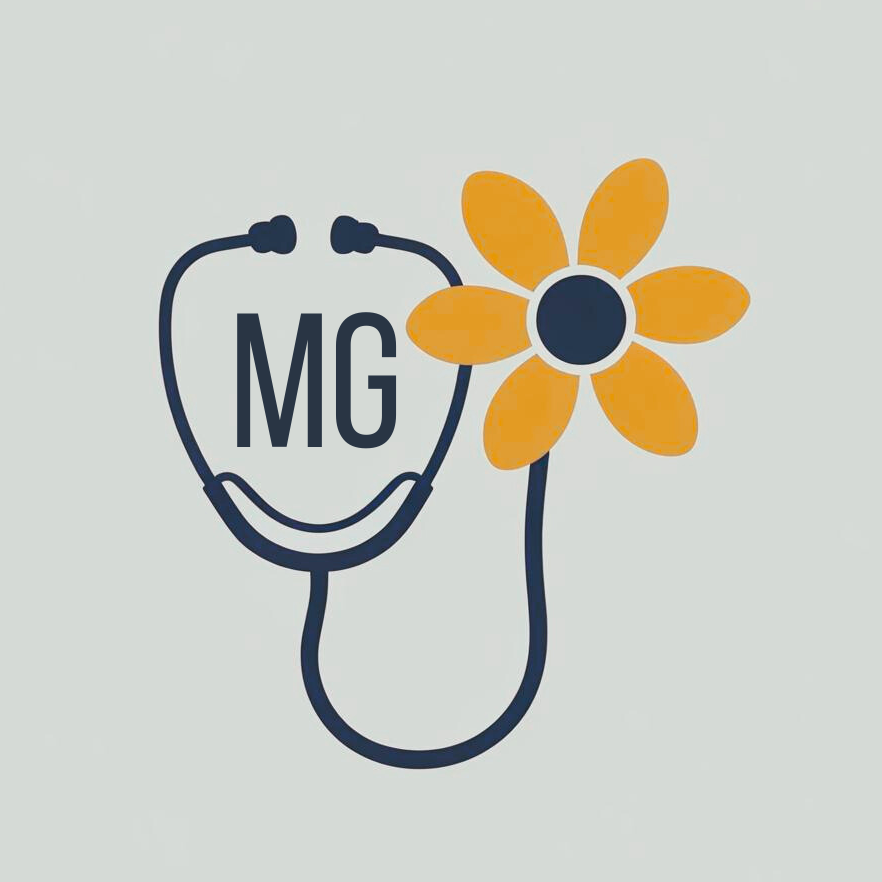A resident doctor’s guide to reclaiming rest—even on night shift
Thump.
There goes my head hitting the desk.
My senses fail me as I start to nod off, the dreamy illusion of falling through the air plummeting me straight to the ground. I suppose that’s what I get for staying up all night, running around the hospital floors before trying to keep my eyes open as I haphazardly type notes at the computer. Though I’m just starting my experience working nights, it’s exhausting nonetheless.
But why is that? Even if my night hours are halved like they were in medical school, it’s still a challenge to stay at my best compared to the day—especially right after switching from day shifts. Shifting my sleep schedule on the fly hits hard.
Of course, this isn’t a unique experience. Whether you’re pulling all-nighters, flying to a new time zone, or starting a night shift job, your body fights against itself with conflicting goals of rest and action.
What Happens When You Stay Awake Too Late
As I’m typing now, my brain is sabotaging me through chemical warfare.
Throughout my time awake, adenosine has been building up, activating inhibitory neurons to put a stop to my brain’s excited firing. Waste products have been accumulating too, slowly bringing on that familiar groggy, heavy feeling.
Meanwhile, my pineal gland has been releasing melatonin for hours, signaling that it’s time for bed. Melatonin takes its cues from darkness—as the sun goes down, melatonin levels go up, singing its lullaby more sweetly as the minutes roll by. Light does the opposite: it stimulates the brain and triggers a morning surge of cortisol, your body’s natural wake-up call.
This tug-of-war is part of your circadian rhythm—the natural biological cycle that regulates sleep and wakefulness in almost all living organisms. Trying to override it? Yeah, your body won’t like that.
Your Brain on Night Shift
Back at the hospital, I’m actively fighting against my natural rhythm. Looking out the window at the twinkling city lights, I’m trying to imagine the sun rising—a futile, sleepy attempt to trick my brain into seeing the light.
I wish I could go to bed. But instead, I’m left thinking about the sleep habits—or lack thereof—of the patients here with me.
Sleep and Recovery in the Hospital

The hospital is the right place to be when you’re really sick, but it’s often a terrible place to sleep.
Sleep helps your body recover by clearing waste from the brain via the glymphatic system, strengthening immunity, and accelerating wound healing. But in the hospital, sleep disturbances are common. Bright lights, loud alarms, fluctuating temperatures, and frequent interruptions for vital signs or labs all contribute.
While monitoring patients is necessary, the cumulative effect of poor sleep can interfere with healing.
On top of that, daytime habits often worsen the problem. Patients frequently lie in bed all day with the blinds down, napping intermittently. While it might seem like more rest = more healing, it actually throws off their internal clocks.
Creating an environment where it’s hard to tell night from day can lead to poor nighttime sleep, decreased patient satisfaction, and even progression to delirium. Providers will often encourage patients to sit up and have their blinds open during the day when they can to avoid this,
Why Good Sleep Is Protective
Long-term poor sleep is more than just annoying—it’s dangerous. It can lead to:
- Depression, anxiety, and stress
- Weakened immune function
- Cognitive issues and poor productivity
- Hormonal imbalances and reduced libido
- Increased hunger and weight gain
- Higher risk of heart disease, hypertension, and diabetes
On the flip side, getting good sleep is incredibly protective:
- Reduces dementia risk
- Strengthens memory, focus, and executive function
- Boosts immunity and wound healing
- Supports hormonal balance and cardiovascular health
But it’s not just about sleeping more—you need quality sleep.
How to Actually Sleep Better
So, what can you do to optimize sleep?
Aim for 7–9 hours of uninterrupted sleep
Sleep happens in cycles. Early in the night, deep sleep dominates and is crucial for repair. Later on, REM sleep kicks in and helps consolidate memory. Interruptions break this flow and diminish the benefits.

Keep your circadian rhythm on track
Try to wake and sleep at the same time each day, even on weekends. Hard during night shifts? Definitely. But you can still support your body by being intentional.
Practice sleep hygiene
Here are some key habits:
- Stick to a wind-down routine before bed
- Avoid caffeine and alcohol close to sleep
- Put away screens and minimize exposure to bright light
- Keep your bedroom cool, dark, and quiet
- Get morning sunlight and regular movement during the day
- Try mindfulness or relaxation techniques to repel racing thoughts

When to Seek Help
If you still struggle despite these practices, there may be an underlying issue. Some common sleep disorders include:
- Insomnia
- Obstructive Sleep Apnea (OSA)
- Circadian Rhythm Disorders
A healthcare provider can help diagnose and treat these issues—sometimes with lifestyle changes, other times with tools like a CPAP machine or melatonin supplements.
Final Thoughts
Sleep is one of the body’s greatest tools for healing, yet around a third of Americans struggle with it—myself included. Writing about sleep on a sleepless night had its dark moments, but now I can see the sky brightening.
I think I’ll take my own advice.
While the rest of the world is just getting started, I’m ready to kick the cortisol and embrace that sweet, uninterrupted healing slumber.
Cheers to blackout curtains.
Enjoyed this post?
Subscribe to the Medical Garden Newsletter for weekly reflections, science-backed wellness tips, and real talk from inside residency.
Or follow along on social (@themedicalgarden) for more tips and updates.


Comments
One response to “The Science of Sleep (And Why I’m Losing Mine)”
What’s up to all, the contents present at this web page are really awesome for people knowledge, well, keep up the good work fellows.